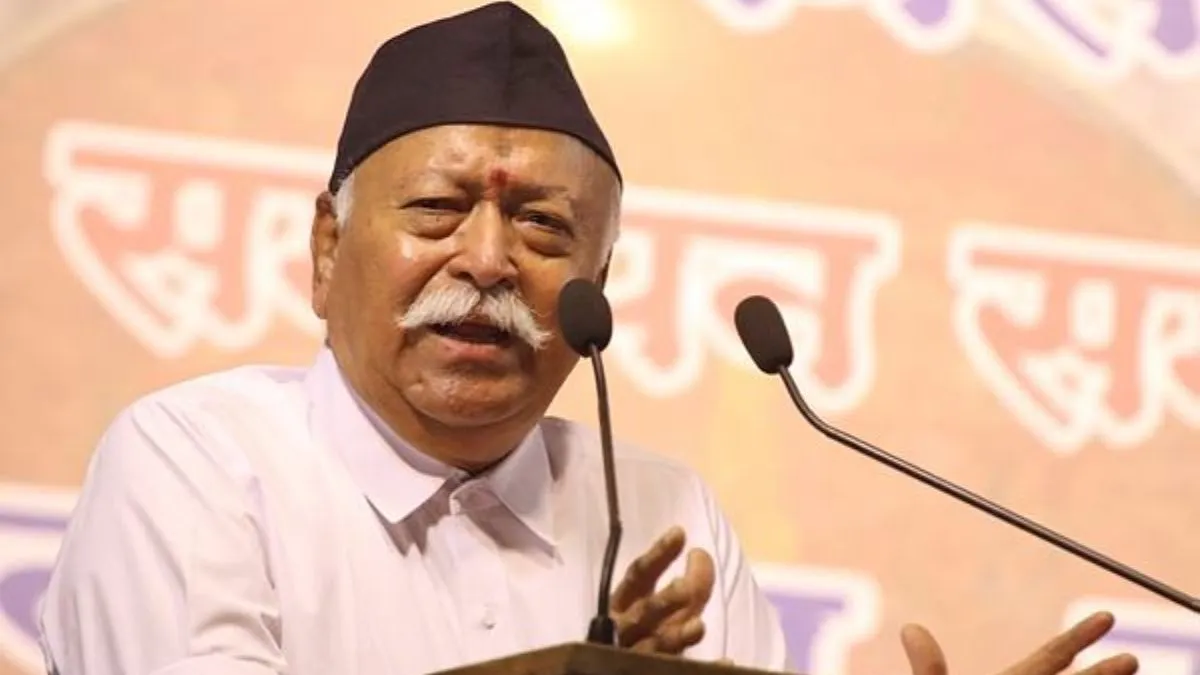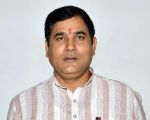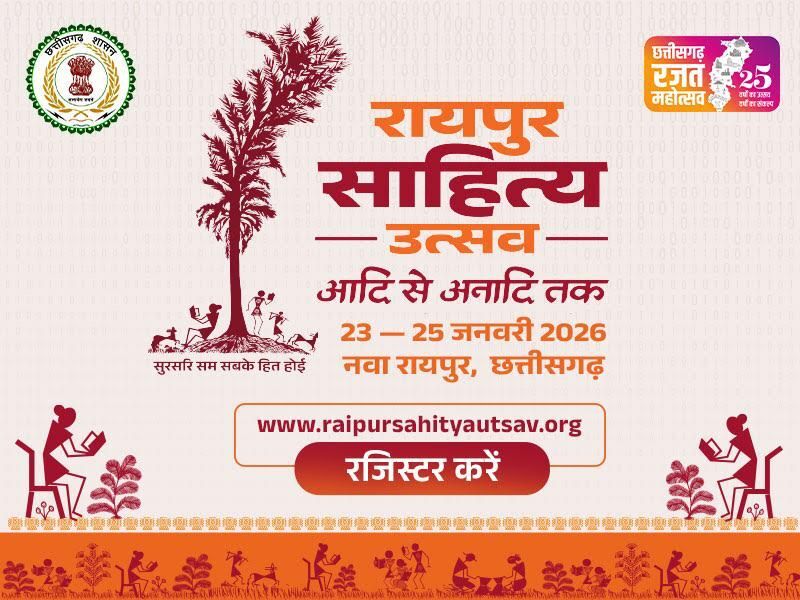Vinod Kumar Shukla
Delhi : Consistent attempts have been made to intimidate activists and supporters of the Rashtriya Swayamsevak Sangh (RSS), which is completing 100 years of its formation this Vijayadashami i.e. October 2, 2025, for its purported boycott of Quit India Movement in 1942. Second Sarsanghchalak of the RSS M S Golwalkar is questioned on the issue. People have started quoting present Sarsanghchalak Mohan Bhagwat for his comment that there is no need to search for Shivlinga everywhere. All such cases in point are simply to tell RSS Swayamsevakthat there is a moral threshold for them fixed by their chiefs that they are not supposed to cross which means what Bhagwat said on the issue of temples was the last word. The RSS workers abide by them too. In the case of Mohan Bhagwat, the message was that RSS workers must stop contesting cases of repurposed temples after the SC decision on Ram Temple.
Let’s try to analyse issues raised here one by one? Did the RSS stop its workers from joining the Quit India movement? No, on the contrary RSS participation in the Quit India movement proved to be the proverbial last straw for the British rulers. In August that year, in Chimur and Ashti, RSS cadre dominated processions led by the Congress. They faced severest repression and some of them were sentenced life term while some others were even hanged.
There are various confidential reports of intelligence agencies preserved in national archives naming several RSS activists who were arrested for participating in Quit India movement and were sentenced jail terms by the British. They were brutally tortured by the British police. Around a dozen Swayamsevak were shot dead by police. Nagar Pramukh of Ramtek near Nagpur, Ramakant Deshpande was sentenced to death for participating in Quit India movement, however, he was later released. Swayamsevak participated throughout the country in the freedom movement. They sustained injuries in police firing and lathi charge. The RSS made its presence felt throughout the country in such agitations. So, this is wrong to say that RSS Swayamsevak did not participate in the Quit India movement rather the instruction was that RSS as an organisation would not participate but its workers were allowed to join Quit India agitation. The then RSS chief Golwalkar did not allow the organisation to participate in the Quit India movement simply because he wanted to avoid giving the British government an excuse to ban the RSS. He wanted to remain focused for the cause that the RSS was formed for.
The second thing is after Bhagwat’s assertion that Hindus must not look for Shivlinga everywhere was portrayed as to shun their claim over repurposed sites like Kashi Vishwanath and Eidgah at Katra Keshavdev in Mathura. The RSS workers were sulking when they were reminded of Bhagwat’s statement. However, such statements are selectively used. The claim that there are many books suggesting the number of repurposed structures around 40000 in India. The idea of the RSS has always been clear that it would not join or initiate any movement as the case of Ram Janmabhoomi has been. Bhagwat’s recent assertion that the RSS workers can join Kashi and Mathura movement has two meanings: One the RSS is not going to start any movement for Kashi and Mathura as it did in the case of Ram Janmabhoomi in Ayodhya; Second its workers are free to participate in the liberation movement of Kashi and Mathura on personal capacity. Two meanings can also be drawn out of it that as the RSS is accused of boycotting Quit India by the Congress and others and by terming it pro-British, not participating in Kashi and Mathura movement may be termed as compromising the cause of Hindus for Muslims in future interpretations. This is an absolutely laughable argument by all counts. There is a parallel between Quit India assertion and Kashi and Mathura but since the RSS doesn’t respond to every criticism rather swallow everything down its throat and let go every onslaught on the organisation and moves on with its stated objective.
The other aspect of Mohan Bhagwat allowing Swayamsevak to participate in the liberation movement of Kashi and Mathura is that there are some plans to negotiate these issues with Muslims. Apparently, Mohan Bhagwat’s meetings with Imams in September 2022 and July 2025 from across the country may be seen as an attempt to reach some kind of amicable solutions on the vexed issue between Hindus and Muslims. However, his meetings with Jamiat Ulama e Hind chief Arshad Madni in 2019 and July 2025 did not break any ice with him towards reaching out a consensus rather his visceral hatred for the RSS and tirade continued when he held RSS responsible for the Assam government’s decision of evicting illegal encroachments in Assam. The RSS attempt to placate radical Sunni organisation proved futile and the organisation always wanted to solve the issue the way it wanted and negotiations always failed for forcing only Hindus to compromise. People can recall that Jamiat Ulama e Hind promised that it would accept Ram Temple decision but after the verdict they retracted and went up to filing review petition.
This is the same strategy that Muslims adopted in the pre-partition era to demand or negotiate for more than what they deserved. Here in this case the rigidity of Muslims and flexibility of Hindus making the RSS chief to come up with a proposal for Muslims to hand over just two sacred places belonging to the community – Kashi Vishwanath and Katra Keshavdev sunning their claim over around 40,000 other repurposed temples including Harihar Temple in Sambhal, Saraswati Temple in Dhar, Atala Devi temple in Jaunpur and 27 Hindu and Jain temples in the Qutub Minar premises besides many other across the country.
This may prove to be a watershed movement in Hindu-Muslim relations not only in India but globally as there is not a single example where any such compromise has been worked out. Moreover, Ram Temple is the only example where the other community has been able to reclaim its place of worship by legal means but the community and its leaders have still not accepted the Supreme Court judgment. Taking the matter even further when the demand for freeing Ram Janmabhoomi started, Hindu religious groups demanded for three temples – Ayodhya, Kashi and Mathura. So much so that BJP leader Lal Krishna Advani made an offer that if Muslims agree to the shifting of the Babri mosque in Ayodhya, he would persuade the VHP to renounce claims to the Krishna Janmabhoomi Temple at Mathura and the Vishvanatha Temple at Varanasi.
But the offer was not honoured by Muslims, so the Hindus started legal battles to claim all repurposed Hindu temples that Sita Ram Goyal lists in his book – ‘Hindu Temples What Happened to Them’ that claims to be around 2000. However, various other sources claim it to be as many as 40,000. Forget about handing over three Hindu temples, the community is not ready to let the character of these structures be ascertained on court orders. The case of Krishna Janmabhoomi is such that it doesn’t come under Places of Worship Act 1995 whose constitutionality is challenged. But the matter is unnecessarily taken to one court to another to linger the matter. For Hindu litigants this is certainly not a good example of peace and brotherhood. Attempts are being made to drag the matter as much as possible mocking the judicial system in India.
The way surveys allowed by the court on November 24, 2024 were deliberately disrupted by the mob which was assisted by outsiders as the judicial committee tells in its report. The only solution to the problem seems to be to accept the offer made by RSS chief because if the community misses the opportunity, it would only lead to tension, violence and enmity between Hindu-Muslim which in the past witnessed loss of lives as well. The RSS chief conceded that Swayamsevak wanted these three temples despite his statement that Hindus must stop looking for Shivling everywhere and he was forced to revisit his decision. If the matter goes to court and Hindus get any other temple with the help of court, no one will be able to stop them from claiming all disputed temples. Muslim will forfeit the right to negotiate later on. So, the ball is in the court of Muslims to let peace and fraternity be the order of the day in the country.





